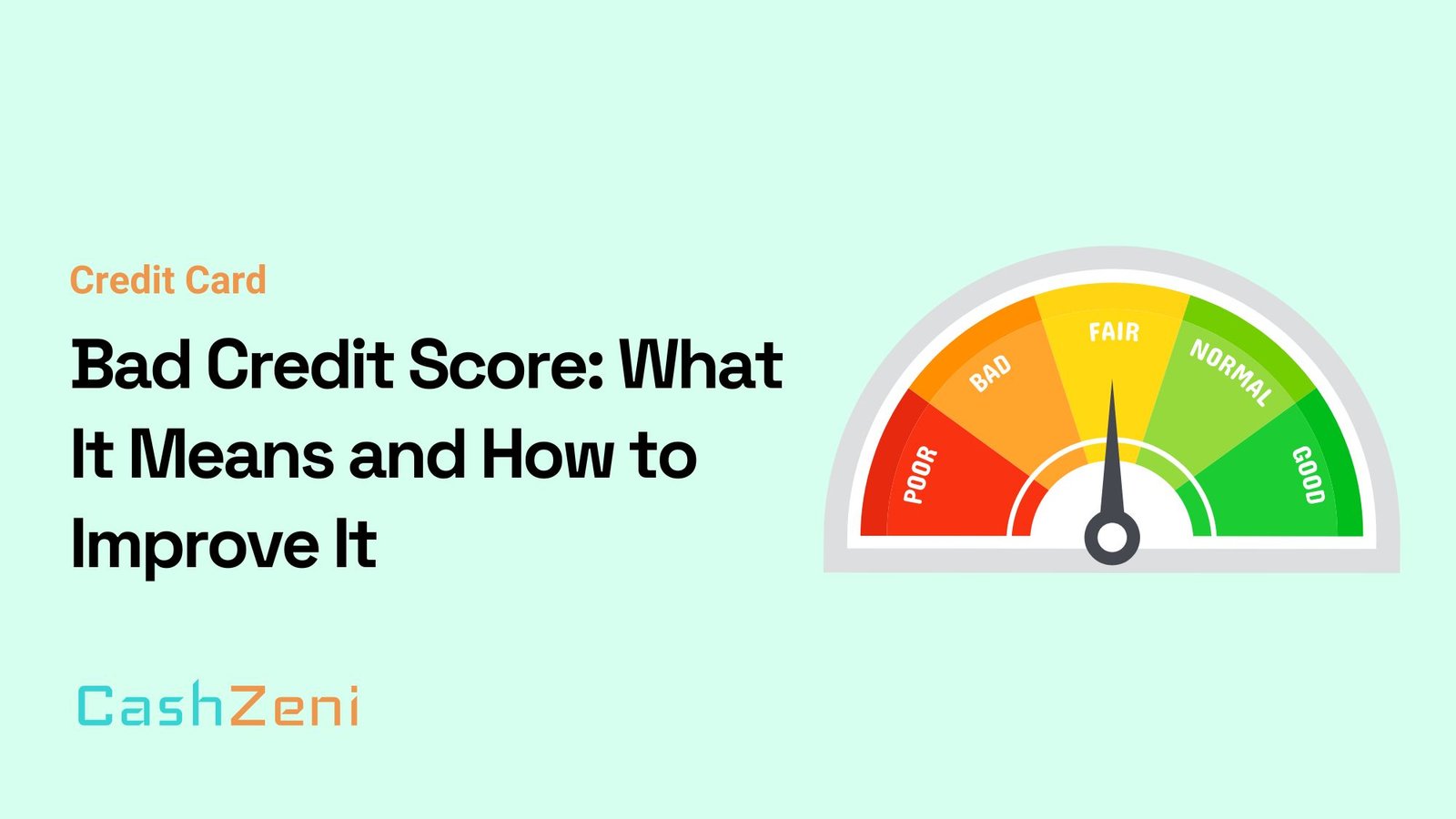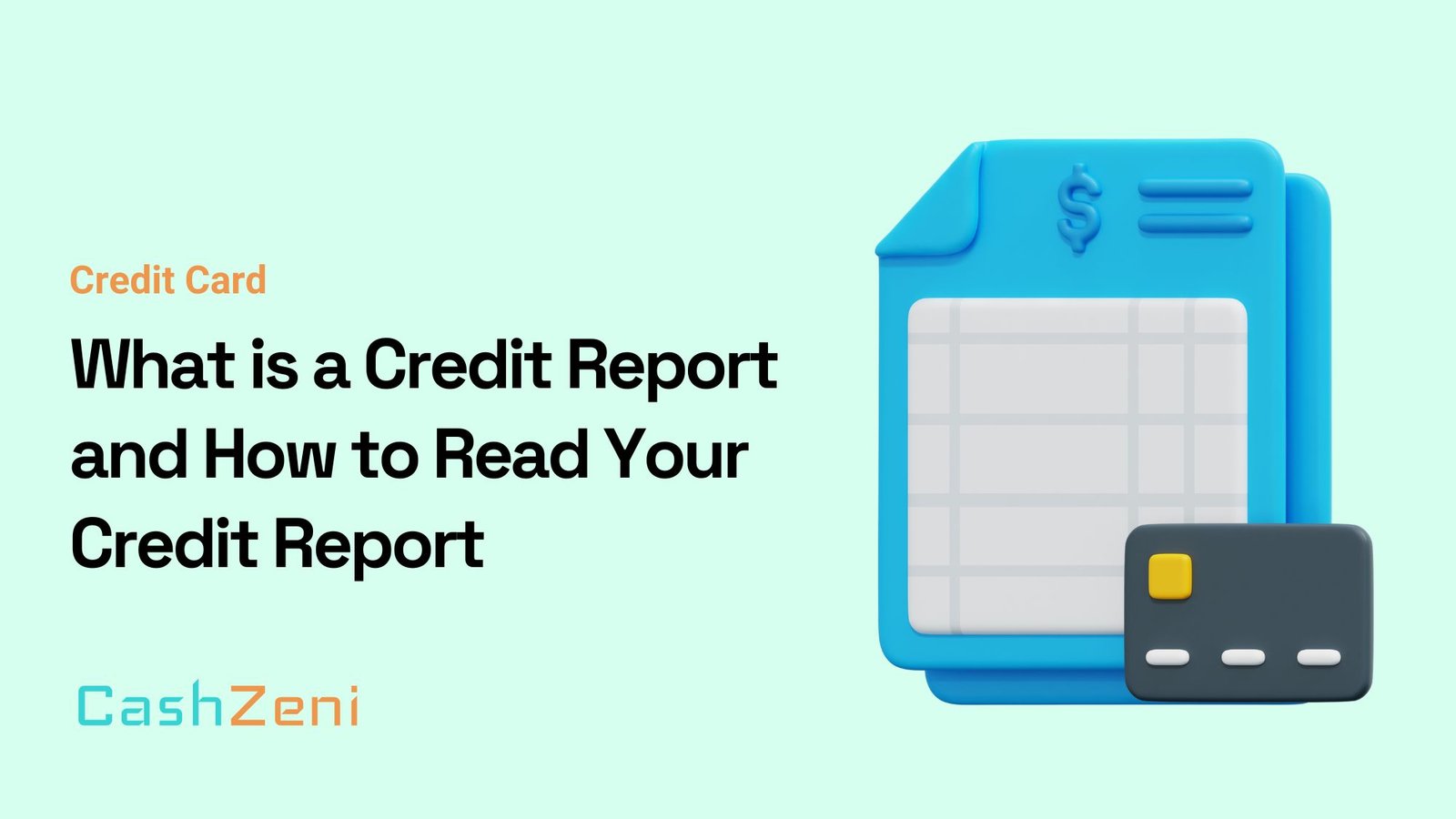Credit cards have become an integral part of our financial lives, but understanding the minimum amount due is crucial for effective financial management. In this comprehensive guide, CashZeni provides insights into the significance of the Minimum Amount Due in Credit Cards, the accurate calculation methods, and the advantages and disadvantages associated with this payment option.
Table of Contents
What is the Minimum Amount Due in Credit Cards?
The minimum amount due in Credit Cards refers to the smallest sum that credit cardholders must pay each month to meet their repayment obligations. This amount is generally a fraction of the total outstanding balance on the card. Credit card issuers require the minimum amount due as a way to ensure timely payments and prevent default.
The minimum amount due is typically calculated based on various factors, including the outstanding balance, interest rate, and any additional fees or charges. It is important to note that different credit card issuers may have varying methods for calculating the minimum amount due.
Understanding the significance of the minimum amount due helps in realizing its role in ensuring timely payments and preventing additional charges or penalties.
How to Calculate the Minimum Amount Due in Credit Cards?
Calculating the minimum amount due in Credit Cards involves a combination of factors. To begin, you need to know the outstanding balance on your credit card, which is the total amount you owe. Next, you should be aware of the interest rate charged by your credit card issuer, as this will determine the interest portion of the minimum payment. Additionally, any applicable fees or charges, such as an annual fee or late payment fee, should be taken into account.
The calculation typically involves multiplying the outstanding balance by the minimum percentage set by the credit card issuer, adding the interest charges, and including any additional fees. By understanding the calculation process, you can gain clarity on how the minimum amount due is determined and take appropriate steps to manage your credit card payments effectively.
How is the Minimum Amount Due in Credit Cards calculated ?
The minimum amount due is calculated as 5% of your balance outstanding or the sum of all instalments, interest/other bank charges, the amount used over the credit limit and 1% of the remaining balance outstanding, whichever is higher. It will also add any unpaid minimum amount due from previous statements to your current minimum amount and arrive at the total minimum amount due. Nowadays mobile banking app made it easy to get statements in detail to pay the amount due without any confusion.
Let us understand this using an example. Assume that the annual percentage rate (APR) is 3% per month. The billing date is 18th of every month and the payment due date is 6th of the following month.
| Date of transaction | Type of transaction | Transaction amount | |
| 19 March | Purchase | ₹500 | No interest is charged |
| 31 March | Purchase | ₹500 | No interest is charged |
| 18 April | Statement is generated | ₹1000 | The total amount due on 6 May is ₹1000. The minimum amount due is ₹50. |
| 5 May | Payment | ₹50 | You paid the minimum amount due, which is ₹50. The rest of the amount will incur interest. |
| 16 May | Purchase | ₹1000 | This amount will also incur interest. |
| 18 May | Interest | ₹30 + ₹28.5 = ₹58.5 | This interest will be added to your next bill. |
| 18 May | Statement is generated | ₹58.5 + ₹950 + ₹1000 = ₹2008.5* | This is the total amount you will need to pay on or before 6 June. The minimum amount due will be ₹100.42. |
Benefits of Paying the Minimum Amount Due:
While it is ideal to pay the full outstanding balance on a credit card each month, there are instances where paying the minimum amount due can offer certain advantages.
- Avoiding Late Payment Fees and Penalties: Paying the minimum amount due on time helps you avoid late payment fees and penalties imposed by credit card issuers. This not only reduces unnecessary charges but also helps maintain a positive payment history.
- Positive Impact on Credit Score: Timely payment of the minimum amount due has a positive impact on your credit score. It demonstrates responsible credit behavior and contributes to a good credit history. Additionally, it helps keep your credit utilization ratio in check, which is an important factor in credit scoring models.
- Financial Flexibility during Challenging Times: Paying the minimum amount due provides temporary relief during financial constraints. It allows you to allocate funds to other essential expenses while meeting the minimum payment requirement. This flexibility can be beneficial when you face unexpected financial challenges.
Disadvantages of Only Paying the minimum amount due in Credit Cards
Despite the advantages, it is essential to recognize the potential drawbacks of relying solely on the minimum amount due as a repayment strategy.
- Accrual of Interest Charges: One of the major drawbacks of paying only the minimum amount due is the accumulation of interest charges. By carrying a balance and paying only the minimum, you end up incurring more interest over time, increasing your overall debt burden.
- Extended Debt Repayment Timelines: Relying solely on the minimum payment extends the time required to pay off your credit card debt. As a result, you may find yourself in debt for a longer period, making it challenging to achieve financial freedom.
- Impact on Credit Score: Paying only the minimum amount due can negatively impact your credit score. Carrying a high credit utilization ratio, which is often the case when you pay only the minimum, can lower your credit score and affect your creditworthiness.
Conclusion
Understanding the minimum amount due in Credit Cards is crucial for maintaining a healthy financial lifestyle. While it can provide temporary relief during financial constraints, it is essential to weigh the advantages and disadvantages before adopting this approach as a long-term repayment strategy. By gaining comprehensive knowledge on the subject, you can make informed decisions and effectively manage your credit card debt. Remember, paying more than the minimum amount due is generally the best practice to reduce interest charges and expedite the journey towards becoming debt-free.
Frequently Asked Questions (FAQs)
What happens if I only pay the minimum amount due on my credit card?
If you only pay the minimum amount due in Credit Cards, the remaining balance will accrue interest, resulting in a higher overall debt. It is advisable to pay more than the minimum to reduce the interest charges and expedite the repayment process.
Can paying the minimum amount due impact my credit score?
Paying the minimum amount due on time helps maintain a positive payment history, which can benefit your credit score. However, carrying a balance and consistently paying only the minimum can increase your credit utilization ratio, potentially affecting your credit score negatively.
Is it possible to negotiate the minimum amount due with the credit card issuer?
Generally, credit card issuers have set policies regarding the minimum amount due amount due. It may not be possible to negotiate this amount directly. However, contacting your credit card issuer and discussing your financial situation could help explore potential alternative payment arrangements.
Are there alternatives to paying only the minimum amount due?
Yes, there are alternatives to paying only the minimum amount due. It is advisable to pay the full outstanding balance if possible. If that is not feasible, paying more than the minimum will help reduce interest charges and accelerate debt repayment.
How can I avoid falling into the trap of paying only the minimum amount due?
To avoid relying solely on the minimum amount due, it is essential to create a budget, track your expenses, and prioritize debt repayment. By allocating more funds towards paying down your credit card balance, you can gradually reduce your reliance on the minimum payment.



